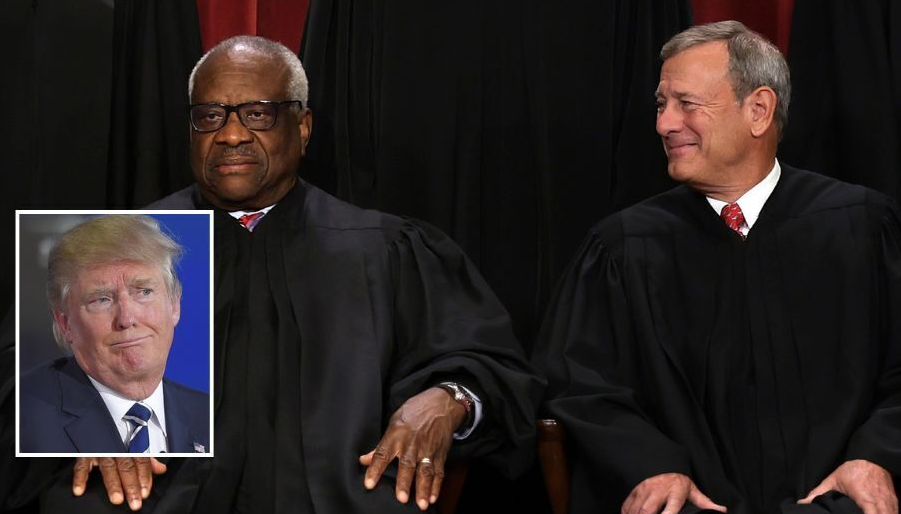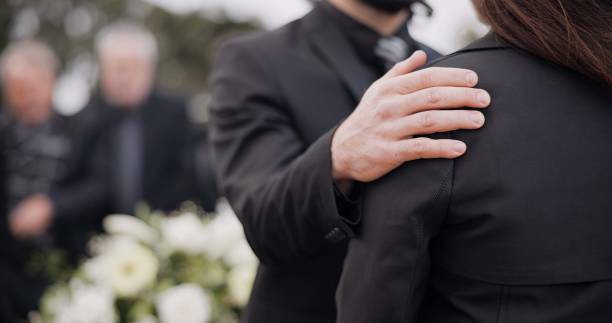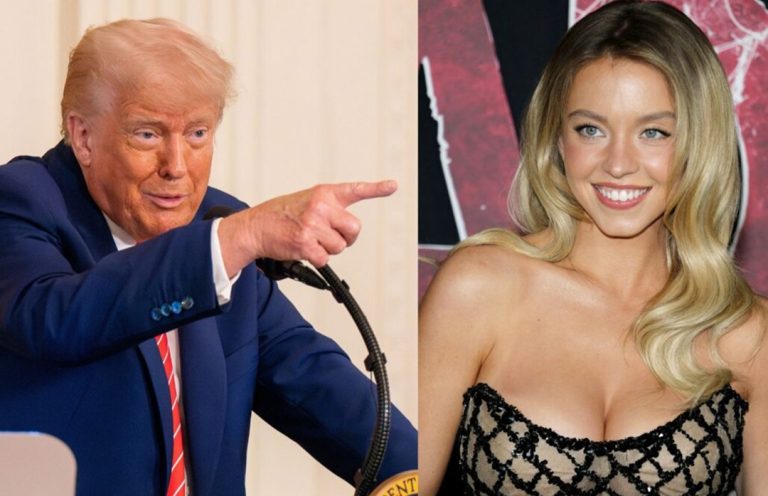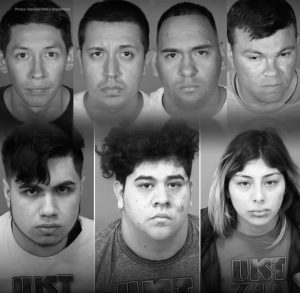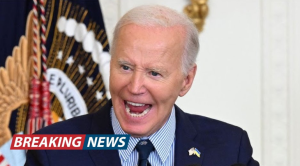On May 27, 2025, the U.S. Supreme Court delivered a decision that has ignited widespread backlash from conservatives, parents, and free speech advocates across the country. In a move that stunned many on the right, the Court declined to hear the appeal of a Massachusetts middle school student who claimed his First Amendment rights were violated when his school prohibited him from wearing shirts expressing a belief in only two genders.
The case revolved around Liam Morrison, a student at Nichols Middle School in Middleborough, Massachusetts. With the legal backing of his father Christopher Morrison, and stepmother Susan Morrison, Liam challenged the school’s actions after he was sent home twice for refusing to change shirts that administrators deemed offensive to transgender students. The first shirt he wore bore the statement, “There are only two genders.” The second read, “There are [censored] genders,” with the word “only two” covered by tape during one of his attempts to re-wear the shirt after the initial controversy.
The school’s administration defended their actions by arguing that the messages on Liam’s shirts created a hostile environment for other students and posed a disruption to the educational setting. In their view, the messages were demeaning to transgender students and had the potential to incite division and discomfort among the student body.
Lower courts agreed. The First Circuit Court of Appeals upheld the school’s decision in June 2024, stating that the school had acted within its authority to maintain a safe and inclusive learning environment. The court emphasized that public schools must balance the rights of individual students with the need to protect others from discrimination or harassment, even when it involves issues of speech.
Many conservatives and First Amendment watchdogs hoped the Supreme Court would intervene and reverse what they saw as a dangerous precedent. However, the high court declined to hear the appeal, effectively allowing the lower court’s ruling to stand. This refusal to engage with the case sparked intense criticism, particularly from conservative justices and political figures.
Justices Clarence Thomas and Samuel Alito issued strong dissents, arguing that the Court should have taken the case to provide clarity on free speech rights in public schools, especially when it involves politically or socially controversial views. Their dissents suggest a deep concern about what they view as a growing trend of ideological censorship in educational institutions.
“This case presents an important question about whether public schools can suppress speech simply because it offends or makes others uncomfortable,” wrote Justice Alito in his dissent. “This strikes at the very core of the First Amendment.”
The decision also comes at a politically charged moment. Just months earlier, President Donald Trump, having returned to office in January 2025, signed an executive order declaring that the federal government would officially recognize only two genders: male and female. The executive order, titled “The Gender Clarity and Women’s Rights Act,” states the administration’s intent to “defend women’s rights and protect freedom of conscience by using clear and accurate language and policies that recognize women are biologically female, and men are biologically male.”
This executive action echoed the sentiment behind Liam Morrison’s controversial t-shirts and galvanized support from conservative legal groups, including the Alliance Defending Freedom (ADF) and the Massachusetts Family Institute, which represented the Morrison family throughout the legal battle.
In a 2023 interview with Fox News, Liam Morrison spoke candidly about his intent behind the shirts. “I’m just voicing my opinion about a statement that I believe to be true,” he said. “And I feel like some people may think that I’m imposing hate speech, even though it’s not directed towards anyone.”
Critics of the Supreme Court’s decision say that it sends a chilling message to students and citizens who hold traditional or conservative beliefs. “The First Amendment exists to protect unpopular speech just as much as it protects popular or politically correct speech,” said one legal analyst affiliated with a conservative think tank. “When a student is punished for expressing a view on biological reality, we are sliding into dangerous territory where only one side of a debate is permitted.”
On the other side of the debate, LGBTQ+ advocates and progressive educators argue that the Court’s decision affirms the importance of protecting vulnerable students from targeted speech that may contribute to bullying or mental health challenges. “This isn’t about stifling free speech—it’s about protecting children from messages that undermine their identities and safety,” said one LGBTQ+ rights spokesperson. “Schools have an obligation to create inclusive environments for all students.”
The divide highlights the increasingly difficult task of balancing constitutional freedoms with modern social sensitivities. It also reveals a widening gulf between judicial philosophies regarding free speech, particularly in schools, where the precedent set by Tinker v. Des Moines (1969) — which affirmed students’ rights to express themselves so long as it does not disrupt school operations — remains a central reference point.
Yet critics argue that Tinker has been inconsistently applied in recent years, with courts often siding with school administrators when speech involves controversial cultural issues, especially those related to gender identity and sexuality.
With the Supreme Court’s refusal to take up the Morrison case, the ruling of the First Circuit now stands as binding precedent within that jurisdiction. Whether future cases involving student speech and gender-related commentary will reach the Court remains to be seen, but many legal experts suggest that it is only a matter of time before the issue returns to the national stage.
For now, Liam Morrison’s legal battle has concluded with disappointment for his supporters, but the cultural debate over gender, speech, and education rages on. In the eyes of many conservatives, the case represents a troubling benchmark in the erosion of free speech protections—especially for those who voice unpopular or politically incorrect opinions.
The Morrison family has not yet announced whether they plan further legal action or advocacy work, but their case has already become a rallying point for groups pushing back against what they see as ideological overreach in American schools. As schools across the country continue to navigate complex questions of identity, rights, and expression, the Morrison case will likely be cited for years to come—by both sides of the national conversation.




